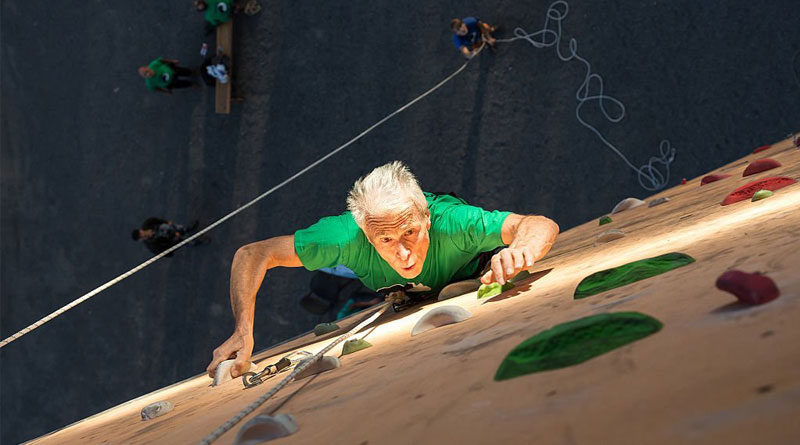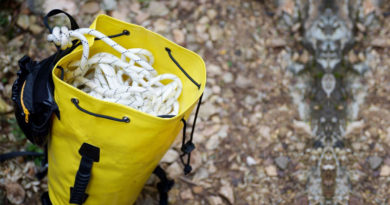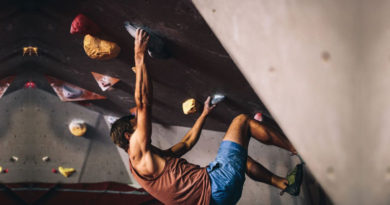Is There An Age Limit For Rock Climbing?
Is there an age limit for rock climbing? This question has probably stopped thousands of people from attempting to rock climb. Why do people ask this question? This is because they see more young children climbing than older people. When 30 to 40 years olds see these young people, they start to think that it is too late for them to start rock climbing because they hey didn’t start when they were younger. So, can you start rock climbing if you are a little too old? The answer is yes. There is no strict age limit for rock climbing. People of all ages can do rock climbing.
It’s never too late to start rock climbing!
You are probably not too old to start rock climbing. Rock climbing is a slow sport that is more about technique and strategy and less about muscle power and endurance. Unless you are 70 years old with several health conditions, rock climbing shouldn’t be a problem for you. It is perfectly fine to begin climbing even in your 30s, 40s, or 50s. However, the level of difficulty and intensity of climbing varies greatly between ages. Also, if you are an older adult with fewer muscles and more fat, the injuries can be more severe for you compared to young children.
Begin climbing at gyms
A rock climbing gym is the best place to start if you are an older adult. It is a terrible idea to start climbing straight away in the mountains. A climbing gym will provide a little safe and more controlled environment for you. You can start learning basic rope techniques while staying near the ground. Gyms also have cushioned floors that can protect you in the event of a fall. You can also sign up for an easy climbing course with your buddy. Finally, if you somehow find an experienced climber and an easy outdoor climbing route, go for it. I am not saying it would be easy, but it is going to be worth it.
Focus more on techniques and strategy than strength
Climbing is all about mastering techniques and strategy than building muscle power. A skinny teenage boy can perform better than a muscular man in rock climbing. This is because it is a skill-based activity. You don’t need muscles to climb better. Even a heavy weight is considered a downside in rock climbing. I am not saying fitness is not important for climbing but there’s no need for you to excessively push yourself with your fitness regimen either. However, you should be in good shape before attempting any kind of climbing. So, focus more on the skills that are needed for a climb and keep shaping them.
Lose some weight
A heavy weight is your biggest enemy when you are fighting gravity. The lower your body weight, the lesser amount of weight you’ll need to hold and pull. However, a few extra pounds will not make a significant difference because you will ultimately lose some weight after some time of rock climbing. If you are an overweight person, losing some weight is always a better idea before attempting rock climbing. Exercise daily and pay attention to your eating habits and avoid eating junk food and sweets. Every extra pound feels double when you are on the wall and pulling yourself up.
Climb more often
Climbing once in a while and forgetting everything you learned in the previous session is not the right approach. You feel like you have learned everything and you are ready for the next climbing session. This may be true only if you are planning to climb again soon. So, if you are taking longer sessions between your climbing sessions, chances are, you will not remember climbing techniques. If you have a busy schedule and can’t climb more than once a week, I feel you. In this case, you can still enjoy the sport and make progress by focusing on quality over quantity.
Practice makes you perfect
The best way to train your brain to learn climbing skills is to simply practice. In most cases, the more you practice the more you master your climbing skills. The practice also allows you to identify your weaknesses and strengths. You can then focus on strengthening your areas of strength and enhancing your weaknesses. Remember that simply practicing won’t turn you into a great climber. It’s also crucial to ask seasoned climbers for advice. If you can, enroll in classes and workshops to hone your skills and step out of your comfort zone to confront challenges and pick up new abilities.




